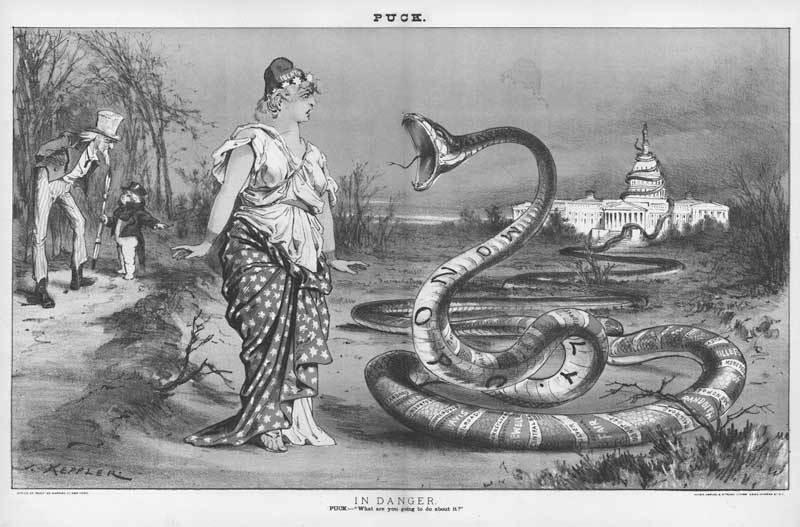
According to CNN Business, “Facebook, YouTube and Twitter struggle to deal with New Zealand shooting video.”
“Deal with” is code for “censor on demand by governments and activist organizations who oppose public access to information that hasn’t first been thoroughly vetted for conformity to their preferred narrative.”
Do you really need to see first-person video footage of an attacker murdering 49 worshipers at two mosques in Christchurch, New Zealand?
Maybe not. Chances are pretty good you didn’t even want to. I suspect that many of us who did (I viewed what appeared to be a partial copy before YouTube deleted it) would rather we could un-see it.
But whether or not we watch it should be up to us, not those governments and activists. Social media companies should enable our choices, not suppress our choices at the censors’ every whim.
If Facebook, Twitter, and YouTube had been primary news sources in 1915, would they have permitted us to view footage (rare, as film was in its early days) of New Zealanders’ desperate fight at Gallipoli?
How about the attack on Pearl Harbor?
The assassination of president John F. Kennedy?
The second plane hitting the World Trade Center?
Lucinda Creighton of the Counter Extremism Project complains to CNN that the big social media firms aren’t really “cooperating and acting in the best interest of citizens to remove this content.”
The CEP claims that it “counter[s] the narrative of extremists” and works to “reveal the extremist threat.” How does demanding that something be kept hidden “counter” or “reveal” it? How is it in “the best of interest of citizens” to only let those citizens see what Lucinda Creighton thinks they should be allowed to see?
CNN analyst Steve Moore warns that the video could “inspire copycats.” “Do you want to help terrorists? Because if you do, sharing this video is exactly how you do it.”
Moore has it backward. Terrorists don’t need video to “inspire” them. Like mold, evil grows best in darkness and struggles in sunlight. If you want to help terrorists, hiding the ugliness of their actions from the public they hope to mobilize in support of those actions is exactly how you do it.
Contrary to their claims of supporting “democracy” versus “extremism,” the social media companies and the censors they “struggle” to assist seem to side with terror and to lack any trust in the good judgment of “the people.”
Thomas L. Knapp (Twitter: @thomaslknapp) is director and senior news analyst at the William Lloyd Garrison Center for Libertarian Advocacy Journalism (thegarrisoncenter.org). He lives and works in north central Florida.
PUBLICATION/CITATION HISTORY
- “Would Social Media Have Censored Video of 9/11 or Kennedy Assassination?” by Thomas L. Knapp, Antiwar.com, 03/16/19
- “Social Media Companies ‘Struggle’ to Help Censors Keep us in the Dark,” by Thomas L. Knapp, OpEdNews, 03/16/19
- “Would Social Media Have Censored Video Of 9/11 Or The Kennedy Assassination?” by Thomas L. Knapp, Zero Hedge, 03/17/19
- “Social Media Companies ‘Struggle’ to Help Censors Keep us in the Dark,” by Thomas L. Knapp, CounterPunch, 03/18/19
- “Social media companies ‘struggle’ to keep us in the dark,” by Thomas L. Knapp, Richmond, North Carolina Observer, 03/20/19
- “Censors keep us in dark,” by Thomas L. Knapp, Greenville, North Carolina Daily Reflector, 03/20/19
- “Social media companies ‘struggle’ to help censors keep us in the dark,” by Thomas L. Knapp, Montgomery, West Virginia Herald, 03/21/19
- “Social media companies ‘struggle’to help censors keep us in the dark,” by Thomas L. Knapp, Fayette, West Virginia Tribune, 03/21/19
- “Social Media Companies ‘Struggle’ to Help Censors Keep us in the Dark,” by Thomas L. Knapp, 03/21/19

